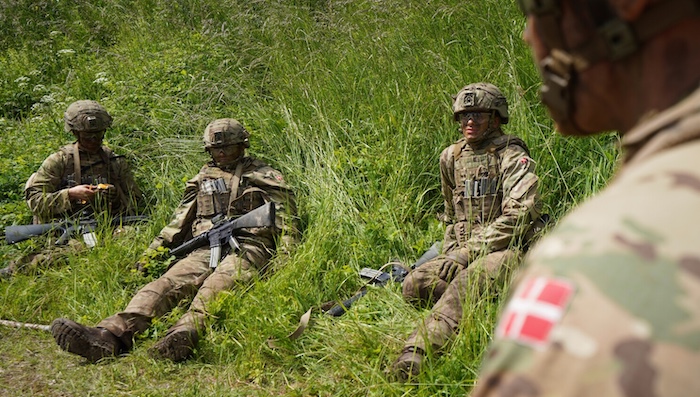In a landmark move to strengthen its national defence, Denmark has announced an expansion of its military conscription programme to include women, marking a significant shift in the Nordic country’s long-standing military policy.
The change, passed by Denmark’s parliament in June 2023, will come into effect from July 1, 2025. Under the new law, all Danish women turning 18 after this date will be required to register for conscription assessments—mirroring the current system for men. Until now, women were only allowed to serve in the armed forces voluntarily, with female recruits making up roughly 24% of new soldiers last year.
“In the world situation we’re in right now, it’s necessary to have more conscripts, and I think that women should contribute to that equally, as men do,” said Katrine, a recruit in the Danish Royal Life Guard.
Denmark’s decision reflects growing security tensions across Europe, particularly in the wake of Russia’s invasion of Ukraine and broader geopolitical instability. The Danish government, alongside its NATO allies, recently pledged to increase defence spending, and this latest development is seen as part of a broader effort to boost the nation’s military readiness.
Under Denmark’s conscription system, volunteers are enlisted first, while any additional numbers are drawn by lottery. The armed forces are currently working to improve conditions for incoming female conscripts, including modifications to equipment and living facilities.
“There are different things that they need to improve, especially in terms of equipment. Right now, it’s made for men, so perhaps the rucksacks are a bit too large and the uniforms are large as well,” Katrine noted.
In addition to including women, Denmark plans to extend the length of conscription from four months to eleven months by 2026. The government also aims to increase the number of annual conscripts from about 5,000 today to 7,500 by 2033.
The policy shift not only enhances Denmark’s defensive capabilities but also promotes gender equality in national service—signalling a modernised approach to military preparedness in an increasingly uncertain global landscape.
Melissa Enoch
Follow us on:
